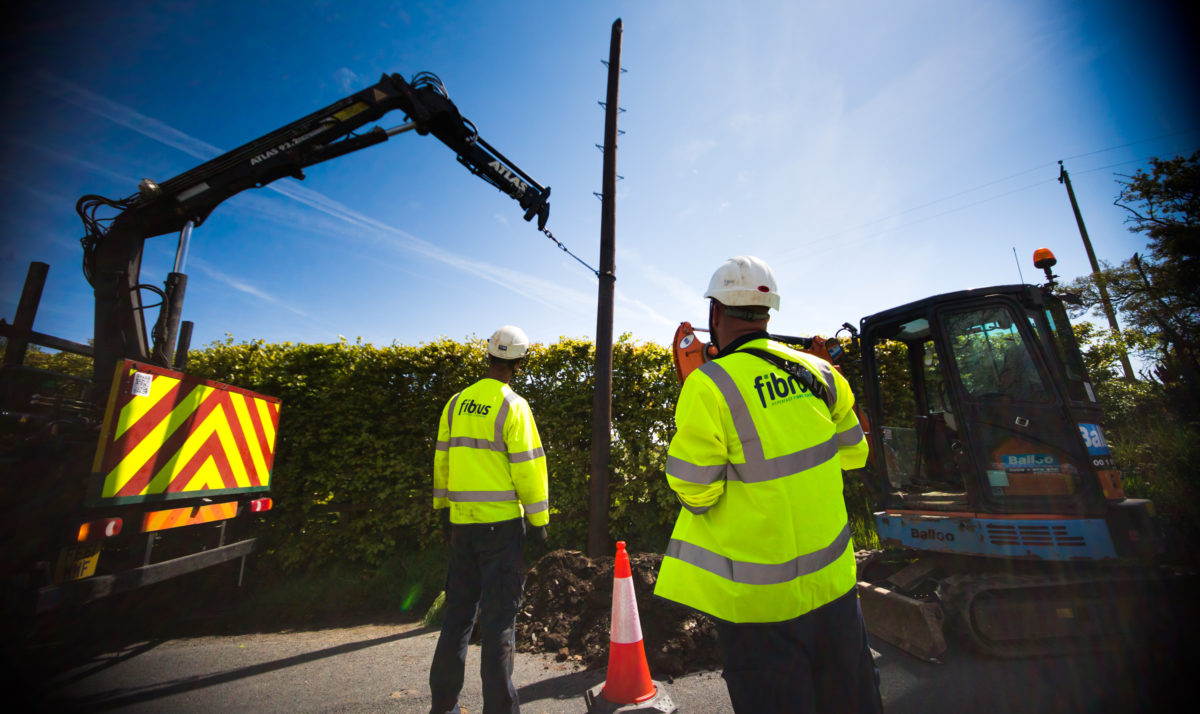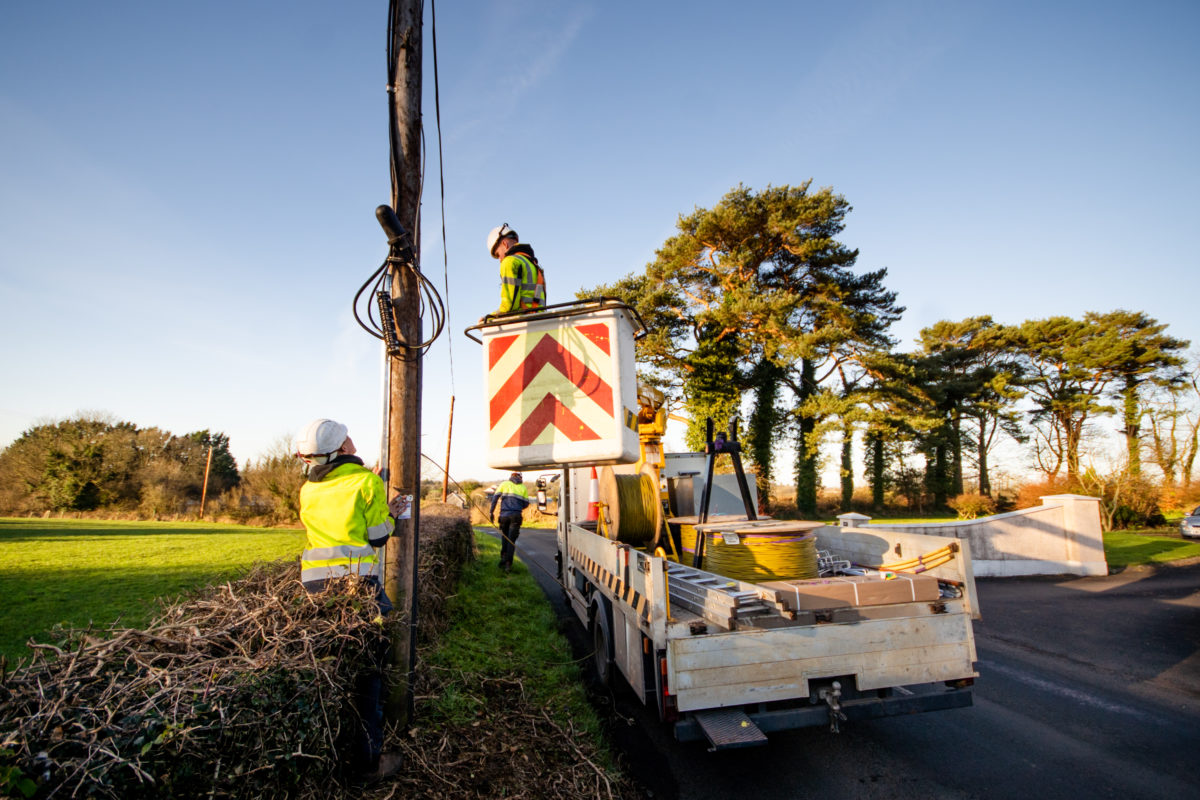
Project Stratum
- Status
- Current
- Department
- Department for Infrastructure
Accelerating toward a fully connected region
Project Stratum is a £165m program funded through the Confidence and Supply Agreement and the Department of Agriculture, Environment and Rural Affairs (DAERA).
Project Stratum investment will revolutionise connectivity in rural areas by extending gigabit-capable full-fibre broadband infrastructure to approximately 76,000 homes and businesses across Northern Ireland which don’t have access to meaningful broadband services.
The first areas to benefit from the work by supplier Fibrus came online in Spring 2021. A rolling program of connections and upgrade works are scheduled throughout the coming two years with the goal of a fully connected Northern Ireland before the end of Spring 2024.

The project involved a major study of internet connectivity across Northern Ireland and comprehensive engagement with providers, local authorities, Land and Property Services and the public. Premises across the region were classified as:
- ‘White’ areas – those in which there is no qualifying broadband infrastructure and none is likely to be developed within 3 years. These postcodes will be targeted for public investment through the Project;
- ‘Grey’ areas – those where only one network is present or is to be deployed within the coming 3 years. These postcodes will not be specifically targeted for public investment from the Project;
- ‘Black’ areas – those where at least two networks of different operators exist or will be deployed in the coming 3 years. These postcodes do not form part of the Project
Creating a better connected Northern Ireland will particularly benefit people in our rural communities, granting access to services and amenities which are increasingly accessed digitally.
The project will also enable more workers in remote parts of Northern Ireland to ‘digitally commute’ from home, giving them more freedom in where they work and live and benefiting their local communities.